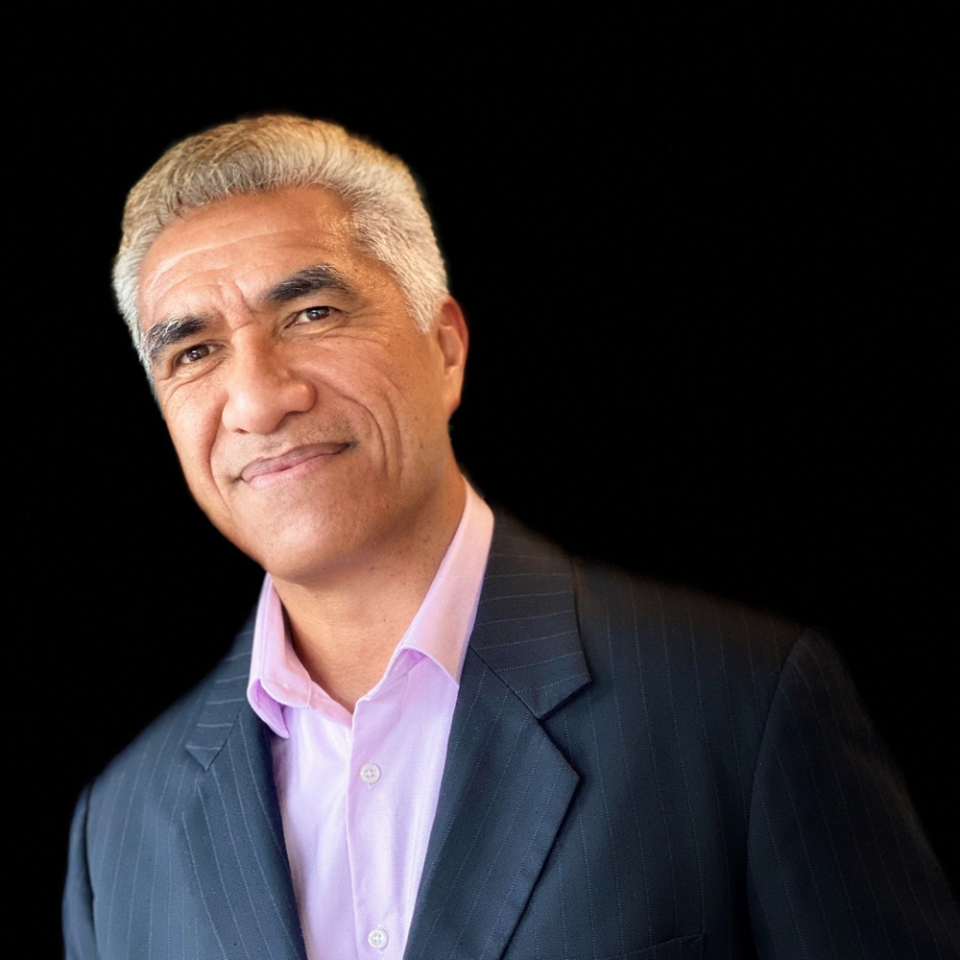Having a will is a wise decision, but it’s important to understand its limitations. While a will can identify who gets your prized record collection or who takes care of your cat when you’re gone, it won’t necessarily keep your family out of a legal headache. Puai Wichman says the probate process, which happens when the court validates a will, can be exhausting, time-consuming, and costly. Worse still, a will won’t provide immediate support for loved ones who depend on you, such as your kids or spouse. If you want to ensure your assets are distributed and controlled and that your family is well-cared for, it’s worth exploring other estate planning tools, such as trusts or life insurance policies.
Estate planning may not be the most exhilarating topic, but ensuring that your loved ones are cared for when you’re no longer around is essential. A crucial part of estate planning is having a will to outline your wishes and avoid legal disputes. However, other tools can help protect your estate from depletion. Trusts, for example, can help transfer assets quickly and efficiently, while life insurance policies can cover any outstanding debts or expenses. Don’t wait until it’s too late – take control of your assets and prepare for the future with an estate plan.
Understanding Wills and Trusts: The Ultimate Guide to Estate Planning
Have you ever wondered what happens to your assets once you pass away? According to Puai Wichman, if you haven’t made a will, you leave it up to the state to decide who receives what, which may not align with your wishes. A will is a crucial component of an estate plan as it sets clear instructions on who should benefit from your assets and who should oversee their distribution. Additionally, for those of us with dependents, a will provides the peace of mind of knowing that guardianship has been established if the worst were to happen. And to top it off, a well-prepared will can help streamline the probate process.
Wills are an important part of estate planning but have some serious limitations. The most significant is that a will doesn’t prevent your assets from going through probate. Despite what some may believe, going through probate can be a lengthy, costly, and public process that can eat away at the size of your estate. However, that’s not to say that a will isn’t useful. It’s crucial to ensure the right people know where your will is and what it contains to ensure your final wishes are carried out as you intended.
Trusts, while often misunderstood, are an essential part of estate planning. Unlike a will, a one-time document filed with the court, a trust behaves more like a contract between you and the trustee you designate. Puai Wichman notes that placing your assets in a trust can avoid the probate process, saving both time and expenses for your loved ones. Additionally, trusts offer flexibility when distributing your assets, especially when naming minor children as beneficiaries.
Many families never consider trusts an option simply because they’re uninformed of the true value of their assets. Understandably, things get buried in piles and forgotten about, but the thought of not securing the future of your loved ones is not something to take lightly. Additionally, it’s common for attorneys to only focus on wills and not suggest trusts to their clients. It can cause missed opportunities to protect assets and leave your family in the dark. The surprising reality is that 60% of Americans still don’t have a will, and a shocking 55% pass away without an estate plan. You deserve to leave a legacy and ensure that your family is taken care of well into the future.
We all want to leave behind a lasting legacy and generational wealth for our loved ones, but it’s not something that magically happens when we’re gone. Puia Wichman, an expert in wealth solutions, particularly wealth protection, emphasizes that proper estate planning is the key to ensuring that our assets are protected, and our wishes are met, even when we’re not around to enforce them. However, achieving peace of mind through estate planning requires difficult conversations with our family and loved ones. It’s not easy to discuss things like wills, trusts, and healthcare directives, but it’s necessary to remove ambiguity from the process and ensure that our desires are known and carried out in the future. So, while estate planning may not be the most exciting topic, it has the power to build, protect, and provide for our legacy and the future generations that will come after us.
Puai Wichman is the founder and CEO of Ora Partners, an international trust provider and wealth management firm dedicated to helping families and individuals protect personal and corporate wealth.

